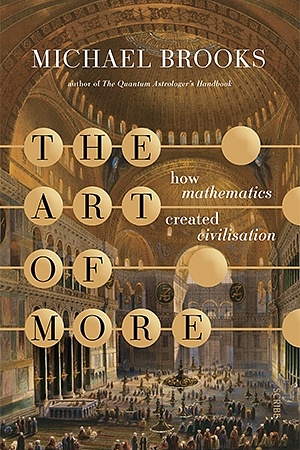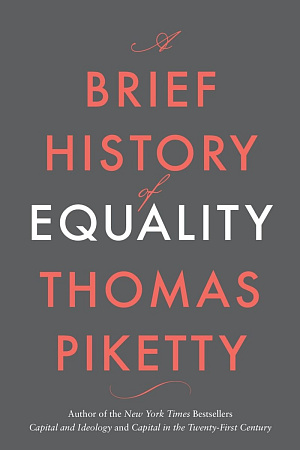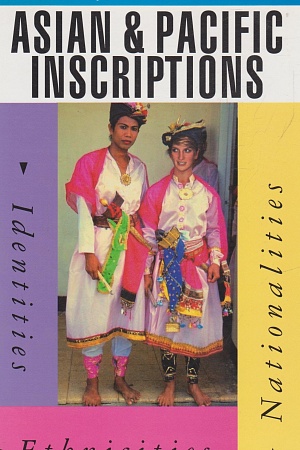On boganism
In the introduction to their excellent collection of essays, Class in Australia (2022), Jessica Gerrard and Steven Threadgold note the eclipsing of the word class in our public discourse. Other descriptive markers are more commonly used, words such as disadvantage (by scholars) and bogan (in popular culture). In my own work on the Australian English lexicon, I have been intrigued by the contemporary language of class. The words we choose to use when talking about class can tell us much about changing popular perceptions.
One word that continues to dominate our language of social status is bogan. We first recorded bogan in the 2016 edition of The Australian National Dictionary: Australian words and their origins (AND), as well as a few derivatives and compounds, such as boganhood, boganism, boganity, and bogan chick. But our 2016 entry is currently being substantially revised. From bogan briefcase (cask wine) to boganese (the language of bogans), the evidence suggests that bogan is far more productive than our previous entry suggested, and we are considering around thirty new bogan-related entries.
Bruce Moore, editor of the 2016 edition of AND, has argued that bogan is ‘the most significant word to be created in Australian English in the past 40 years’. It is hard to refute this. Its importance in expressing aspects of ‘Australianness’ and shaping notions of identity – especially class identity – is indisputable.
Bogan emerges in Australian English in the early 1980s, generally referring to someone who is similar to a Sydney ‘westie’ – they stereotypically wear flannel shirts, sport a mullet hairdo (or maybe a rat tail), and put a cigarette behind their ear. We have traced bogan back to 1983, with the first evidence we have located appearing in a West Australian school magazine. Not long after the word emerges, a slightly different sense can also be identified – bogan as synonymous with ‘loser’ or ‘dag’.
Continue reading for only $10 per month. Subscribe and gain full access to Australian Book Review. Already a subscriber? Sign in. If you need assistance, feel free to contact us.











Leave a comment
If you are an ABR subscriber, you will need to sign in to post a comment.
If you have forgotten your sign in details, or if you receive an error message when trying to submit your comment, please email your comment (and the name of the article to which it relates) to ABR Comments. We will review your comment and, subject to approval, we will post it under your name.
Please note that all comments must be approved by ABR and comply with our Terms & Conditions.